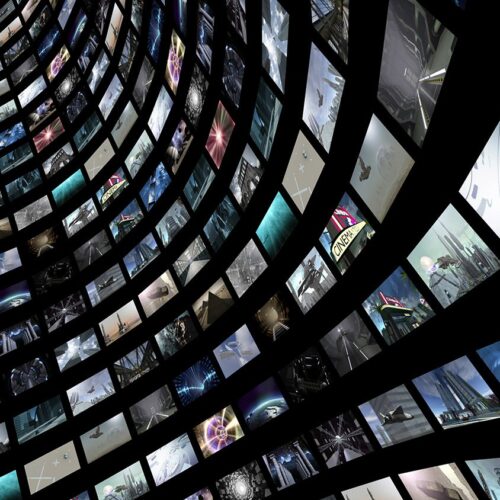

Broadcast Media Africa has learnt that the International Telecommunications Union (ITU) has granted Nigeria additional frequencies to improve broadcasting and telecommunications services.
The frequencies were released during the recently finished ITU World Radio Conference 2023 (ITU-WRC23) in Dubai, UAE.
Dr Bosun Tijani, minister of communications, innovation, and digital economy, who headed Nigeria’s team at the conference, said that the Nigerian delegation was able to obtain satellite resources for broadcast services.
Furthermore, the conference supported the Radio Regulations Board’s request to allow 41 governments, including Nigeria, to obtain new and usable orbital resources for satellite broadcasting under ITU regulations.
The countries were unable to use their assigned orbital slots in recent years due to a lack of coordination and interference from other satellite networks, according to the United Nations body in charge of global communications. The ruling aims to allow countries to build sub-regional satellite networks.
According to the Minister, “Following the closing ceremony and ratification of the agreements at the ITU-WRC23, I am excited about the success that our delegation has been able to achieve, including the recovery of satellite resources for broadcast services and securing additional FM Frequency channels which are both a boost to our telecoms and broadcast industry.”
“Work must begin as we plan towards the next WRC in 2027, and I am keen to see more diversity and succession planning to ensure we can have effective and impactful representation at these events,” said the minister.
The ITU revealed in 2023 that 2.6 billion people worldwide still do not have access to the Internet. The increased resources are expected to improve access to affordable and meaningful connectivity for people who are currently disconnected.
“WRC-23 puts the world on a solid path towards a more connected, sustainable, equitable, and inclusive digital future for all,” stated ITU Secretary-General Doreen Bogdan-Martin. “Key spectrum regulation accomplishments for space, research, and terrestrial radio services build on the momentum of the ITU’s ongoing work to achieve universal connectivity and sustainable digital transformation.”










